Downton Abbey Season 4, Episode 7 Recap: Downton Abbey is Pro-Choice
When Lady Edith considers an abortion, she decides to do what so many other TV and film characters before her have done.
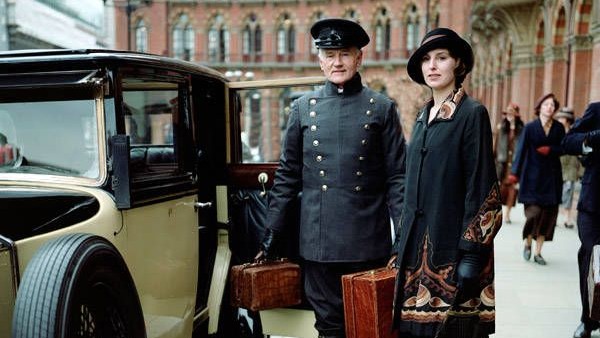
SPOILER ALERT! Do not read on if you are not up to date with season 4 of PBS' Downton Abbey.
As a pop-culture fanatic and a steadfast supporter of a woman's right to choose, I pay close attention to how TV shows and films handle the topic of abortion when they decide to raise it. And I'm somewhat disappointed in Downton Abbey for its handling of the matter, though I'm not surprised.
Surely you can guess which character is considering an abortion: Lady Edith, who's been wringing her hands about her knocked-up-edness and her missing lover for the past few episodes. Now, with Aunt Rosamund by her side, Edith feels emboldened to seek out a London doctor offering the procedure, which actually was not totally illegal at the time in England. At the physician's office, Edith hears and sees a woman crying and dramatically bolting from the doctor's offices, saying, "I can't."
Downton is hardly the first show to play chicken with this particular topic and swerve at the last minute: the show joins the ranks of Melrose Place, Felicity, The O.C., Dawson's Creek, Juno, Sex and the City, and Knocked Up, among other narratives in which an abortion-considering character either decides against it, or a complication like miscarriage or an ectopic pregnancy makes the decision moot (although Carrie confesses to having had an abortion in that episode of Sex and the City, and Samantha says she's had two). And the characters who face the decision are usually not leads—they're secondary or tertiary. Cristina Yangs and Miranda Hobbeses, or the dirty-doctor-seeking Pennys a la Dirty Dancing—not Lady Marys or Felicitys.
Very few screenwriters and showrunners are as bold as Shonda Rhimes, who goes ahead and lets Cristina have an abortion on Grey's Anatomy, even after the character is threatened with divorce (several seasons after Cristina considers an abortion during a different pregnancy, and winds up in the hospital with an ectopic conclusion). Or director Stephen Irwin and comedian Jenny Slate, whose The Obvious Child (which just premiered at Sundance, after a short version garnered acclaim in 2009) tells the honest, nuanced story of a hipster chick's decision to get an abortion. Now, those 2 in 7 or so depictions of "going through with it" without grave consequences—a ratio that would be much wider if we did a scientific tally—is hardly representative of the estimated 1 in 3 American women who will have an abortion in her lifetime. So why are shows and movies afraid to "go through with it" themselves?
Because of the stigma. Because the beloved character would carry a moral stink. The truth—that no woman delights in her abortion, but neither is she necessarily forever haunted, just read New York magazine's feature of 26 personal stories—would be much harder to grapple with in the confines of a writer's room and 60 minutes (or less) of script. Wouldn't we rather enjoy our Edith as she is, progressive but not too intellectually dangerous, either to her family or to the viewer? To make her offensive after such a long run as the underdog would just be so unfortunate.
Let me be clear: I'm thrilled for Edith to have a choice. That is precisely the thing I support. But to continue to portray characters as choosing a higher moral road by not having an abortion somehow lends credence to the idea that abortion is wrong—and, hey, then maybe it should be illegal. I wonder if maybe the creative minds we so love and admire can't "choose" to represent a fuller spectrum of narrative outcomes, if they're going to bring it up anyway. Until then, I'll be looking forward to seeing The Obvious Child in wide release.
Stay In The Know
Get exclusive access to fashion and beauty trends, hot-off-the-press celebrity news, and more.
-
 What to Know About the Cast of 'Resident Playbook,' Which Is Sure to Be Your Next Medical Drama Obsession
What to Know About the Cast of 'Resident Playbook,' Which Is Sure to Be Your Next Medical Drama ObsessionThe spinoff of the hit K-drama 'Hospital Playlist' features several young actors as first-year OB-GYN residents.
By Quinci LeGardye
-
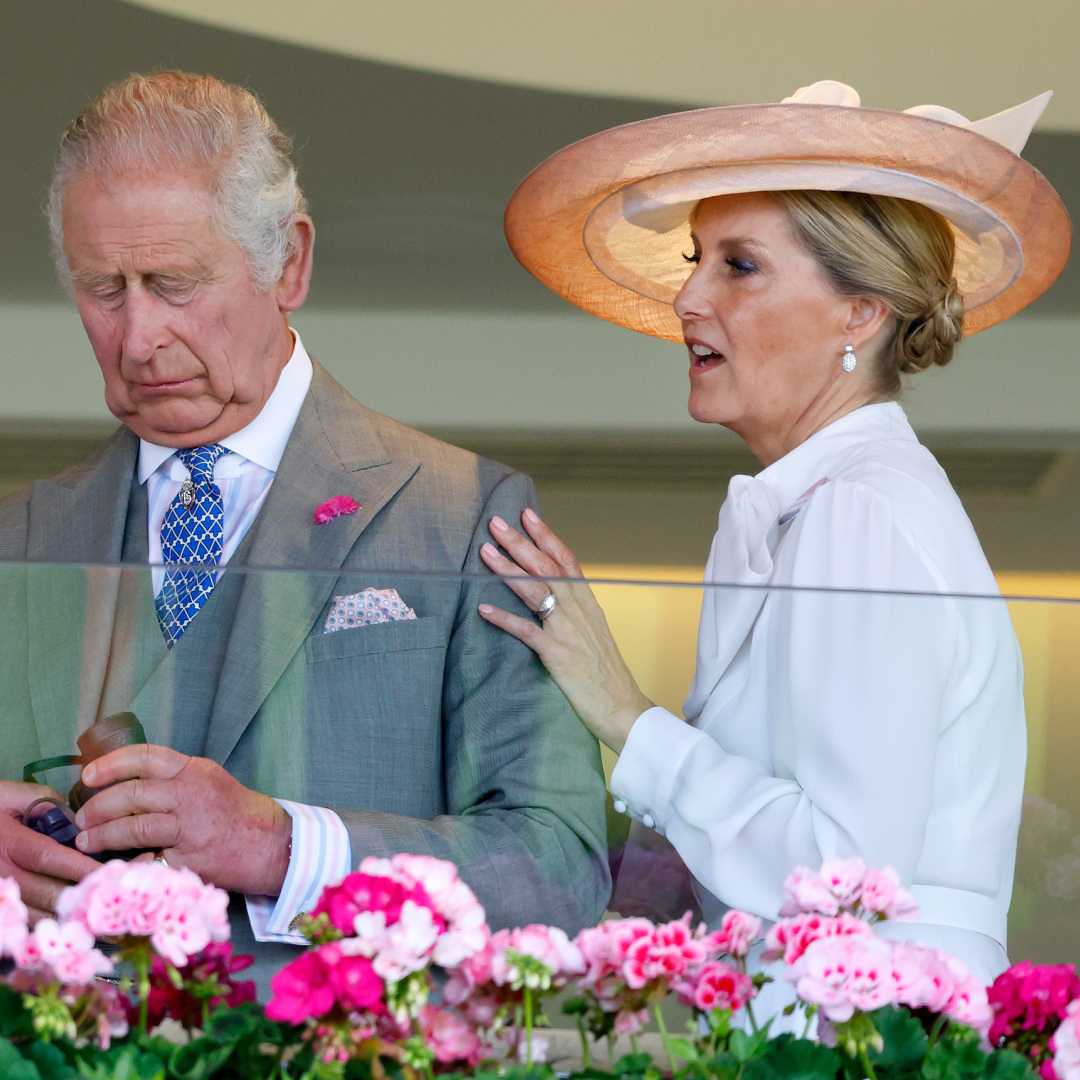 Duchess Sophie Stepped Up to Represent King Charles at Event Amid Calls for King Charles to "Slow Down"
Duchess Sophie Stepped Up to Represent King Charles at Event Amid Calls for King Charles to "Slow Down"The Duchess of Edinburgh filled in for The King at the Royal Military Academy Sandhurst.
By Kristin Contino
-
 See the Top-Scoring WNBA Draft Looks
See the Top-Scoring WNBA Draft LooksThis year's rookie class came to win.
By Halie LeSavage
-
 Meet the Cast of 'Resident Playbook'
Meet the Cast of 'Resident Playbook'The spinoff of the hit K-drama 'Hospital Playlist' features several young actors as first-year OB-GYN residents.
By Quinci LeGardye
-
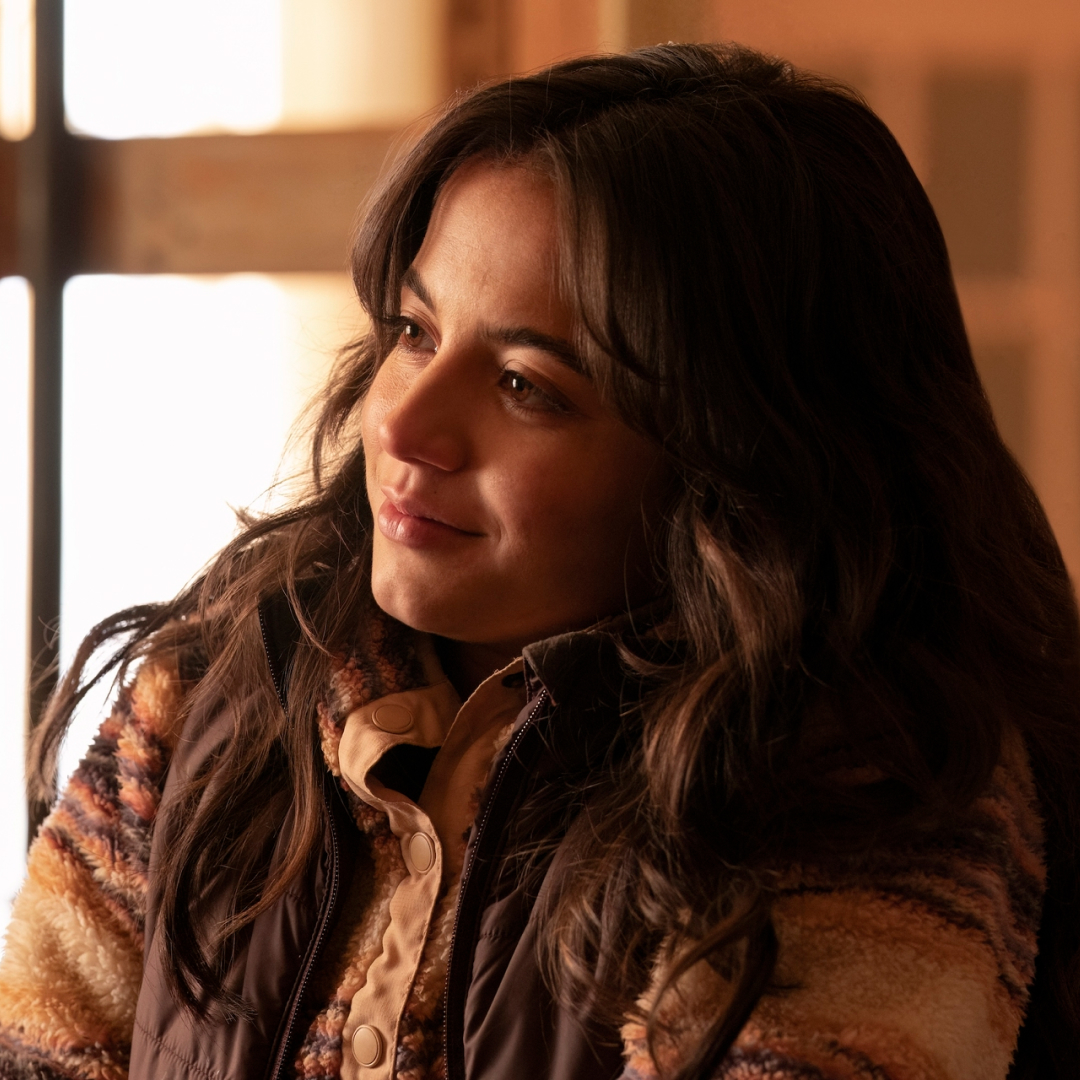 Meet Isabela Merced, the Rising Star Who Plays Dina in 'The Last of Us'
Meet Isabela Merced, the Rising Star Who Plays Dina in 'The Last of Us'We're already obsessed with this up-and-comer.
By Quinci LeGardye
-
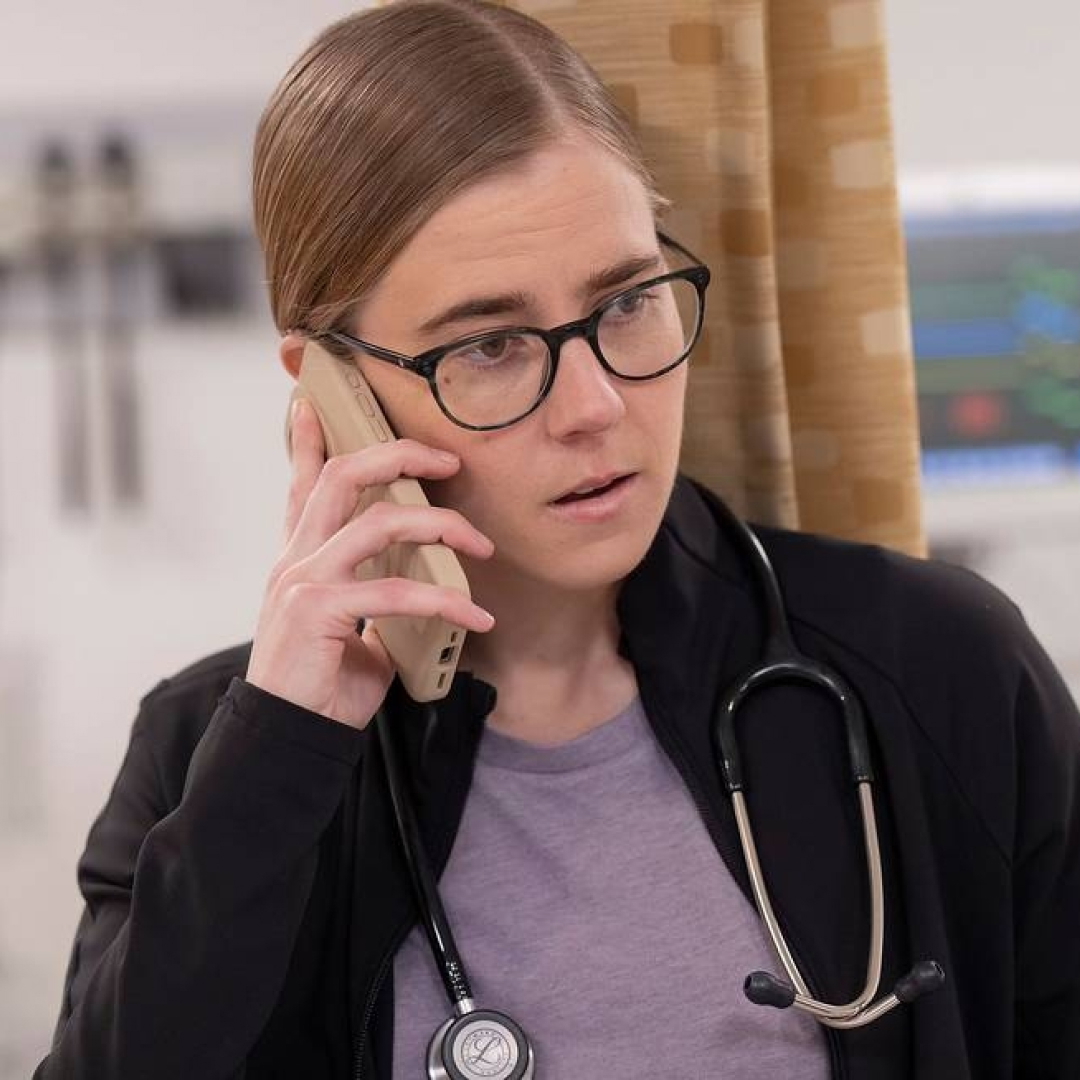 What to Know About Taylor Dearden, the Actress Who Plays Dr. Mel King on 'The Pitt'
What to Know About Taylor Dearden, the Actress Who Plays Dr. Mel King on 'The Pitt'Here's what to know about the Max series's breakout star, who just so happens to come from TV royalty.
By Quinci LeGardye
-
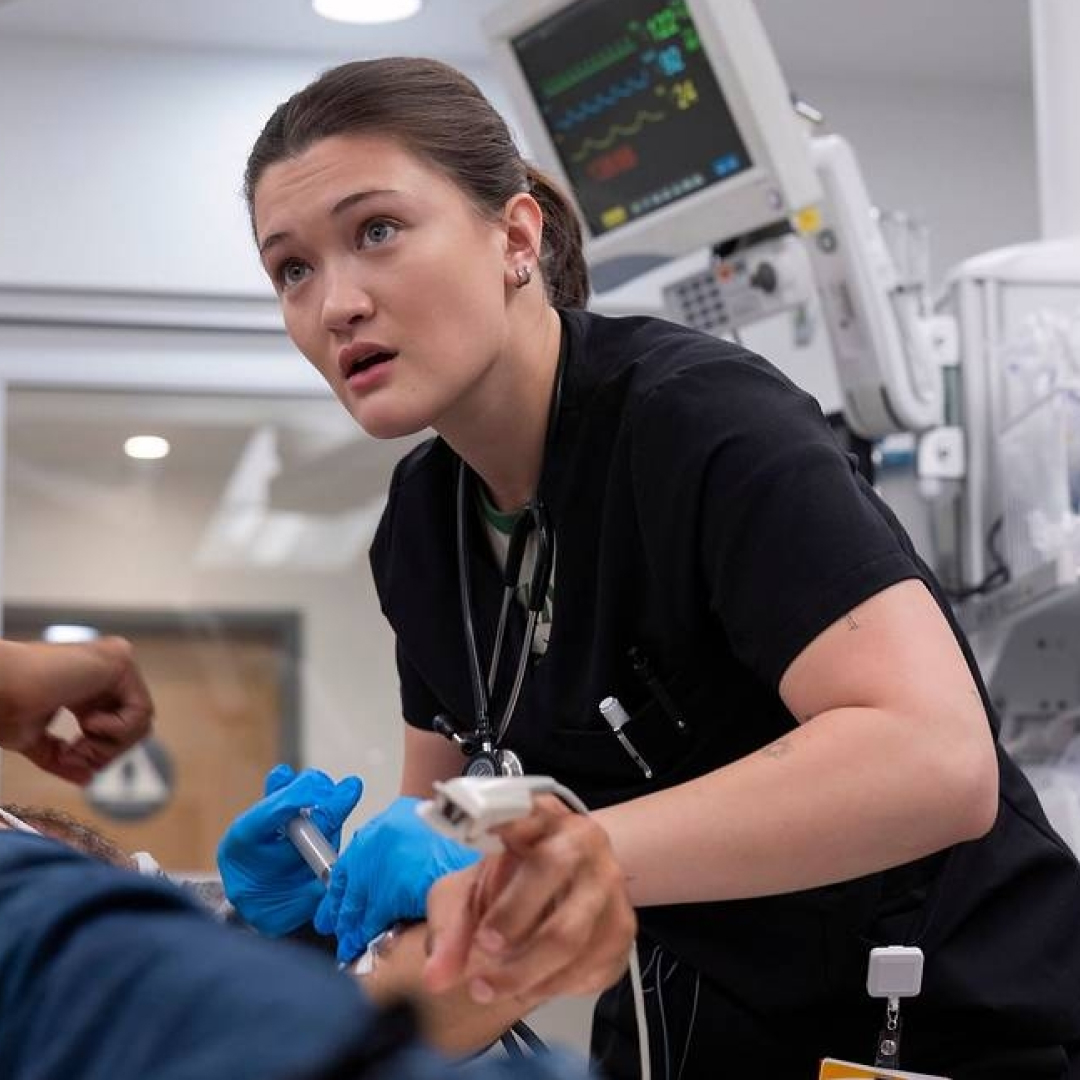 We Owe Dr. Trinity Santos From 'The Pitt' an Apology
We Owe Dr. Trinity Santos From 'The Pitt' an ApologyThe season finale of the smash Max series proved that the most unlikable character on TV may just be the hero we all need.
By Jessica Toomer
-
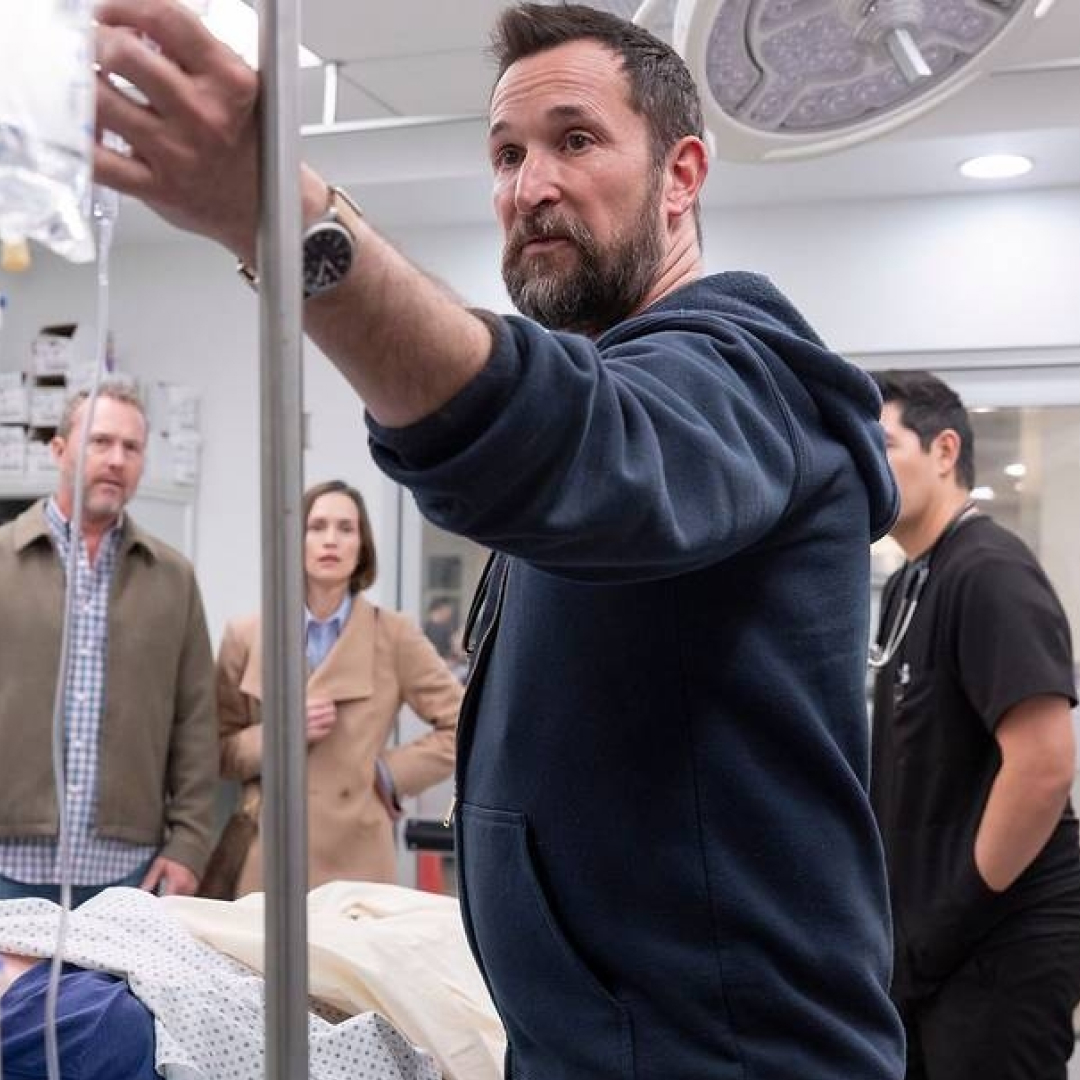 'The Pitt' Season 2: Everything We Know
'The Pitt' Season 2: Everything We KnowHere's where the hit Max medical drama could go after its gripping finale.
By Radhika Menon
-
 Meet Nicholas Duvernay, the Actor Who Plays Zion in 'The White Lotus' Season 3
Meet Nicholas Duvernay, the Actor Who Plays Zion in 'The White Lotus' Season 3We can't stop thinking about his scene-stealing performance in the finale.
By Quinci LeGardye
-
 'The White Lotus' Season 4: Everything We Know
'The White Lotus' Season 4: Everything We KnowCreator Mike White has already started teasing where the next installment will be set—and who might be back.
By Quinci LeGardye
-
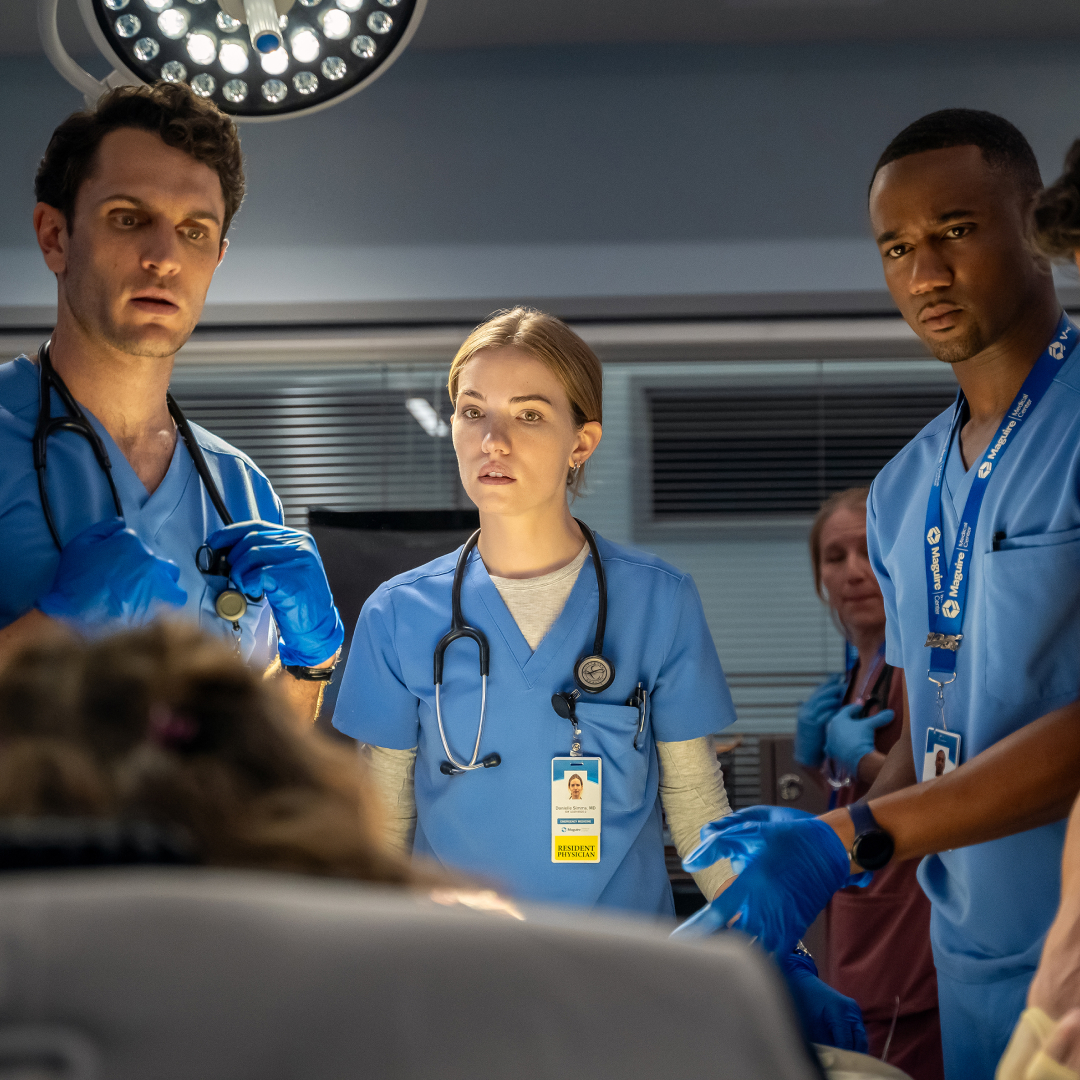 'Pulse' Season 2: Everything We Know
'Pulse' Season 2: Everything We KnowWe need to know about the future of the central will-they-won't-they STAT.
By Quinci LeGardye